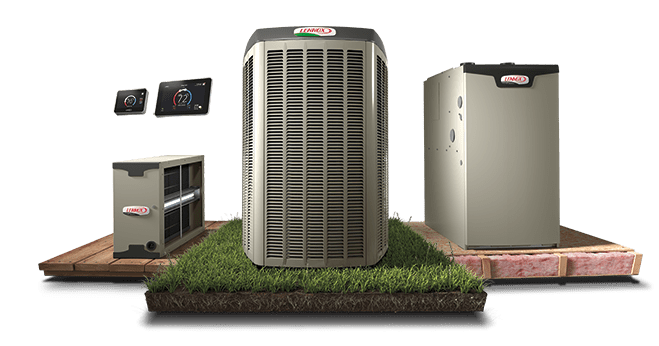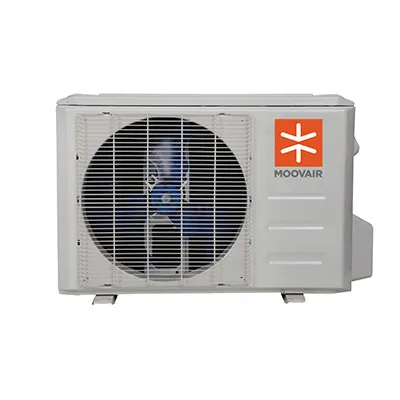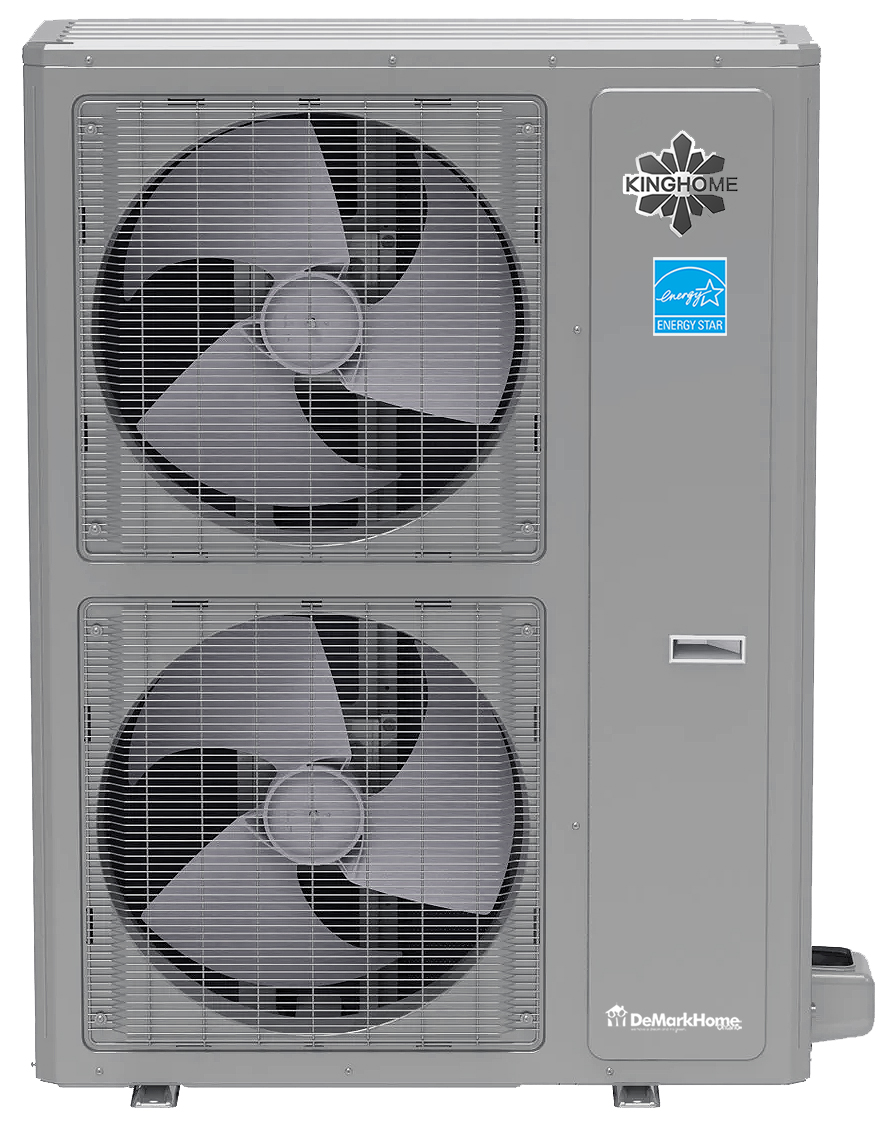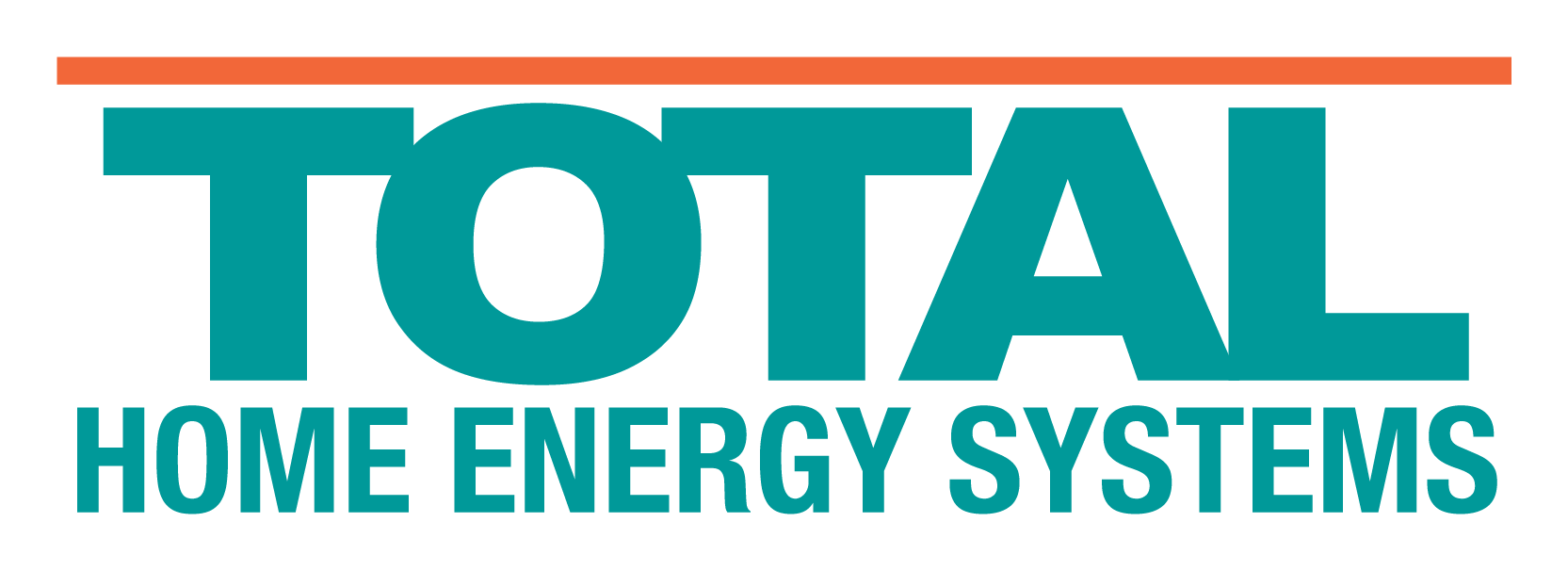Efficient Heat Pump Cooling Solutions
St. Jacobs Heat Pump
There Are So Many Benefits Of Using A heat Pump to Keep Your St. Jacob's home Comfortable!
✔️Cost Efficient
✔️Reduces Carbon Emmision
✔️Safer Than Combustion Units
✔️Cooling & Heating in one
✔️Minimal Noise
✔️Reliable
✔️And Much More….
Call (519) 664-2008 To Order Your St. Jacob’s Heat Pump Today
LOCAL, TRUSTWORTHY, HONEST SERVICE.
Why Choose a Heat Pump for Cooling?
Energy Efficiency
Heat pumps are highly energy efficient, offering significant savings on your cooling costs compared to traditional air conditioning systems. By transferring heat from the indoors to the outdoors, heat pumps can provide efficient cooling even on the hottest days.
Dual Functionality
In addition to cooling, heat pumps also offer heating capabilities, making them a versatile solution for year-round comfort. With a single system, you can enjoy efficient heating in the winter and cooling in the summer, eliminating the need for separate heating and cooling systems.
Quiet Operation
Heat pumps operate quietly, providing you with a peaceful and comfortable indoor environment. Unlike traditional air conditioning systems, which can be noisy and disruptive, heat pumps ensure a quiet and relaxing atmosphere in your home.
Zoned Cooling
Many heat pump systems offer zoned cooling, allowing you to set different temperatures for individual rooms or zones in your home. This gives you greater control over your indoor comfort and helps eliminate hot and cold spots throughout your home.
Environmentally Friendly
Heat pumps use environmentally friendly refrigerants and produce fewer greenhouse gas emissions compared to traditional heating and cooling systems. By choosing a heat pump, you can reduce your carbon footprint and contribute to a healthier planet.
Our Heat Pump Cooling Services
At Total Home Energy Systems, we offer comprehensive heat pump cooling services to meet all of your cooling needs:
heat pump installation
heat pump Repair
heat pump Maintenance
heat pump Replacement
How Does An Air-Source Heat Pump Work?
An Air-Source Heat pump has three cycles:
- The Heating Cycle:
Providing Thermal energy to the building.
- The Cooling Cycle:
Removing Thermal energy From the building.
- The Defrost Cycle:
Removing frost build-up on coil.


What Is EER In HVAC?
EER stands for “Energy Efficiency Ratio” in the HVAC industry. It is a measurement of the cooling output of an air conditioner or heat pump divided by the amount of electrical energy input, typically measured in watts. Essentially, the EER indicates how efficiently an HVAC system uses electricity to produce cooling. A higher EER rating signifies greater energy efficiency, meaning the system can provide the same cooling output using less electricity, which can lead to lower energy bills and reduced environmental impact.
How Is EER Calculated?
The Energy Efficiency Ratio (EER) is calculated by dividing the cooling capacity of an air conditioner (in British Thermal Units or BTUs) by the amount of electrical power it consumes (in watts) under specific operating conditions. The formula is: EER = Cooling Capacity (BTUs) / Power Input (Watts). Essentially, it measures how efficiently an air conditioner can cool a space relative to the energy it consumes.
Frequently Asked Questions
How can I improve the EER of my air conditioner?
You can improve the EER of your air conditioner by implementing several strategies:
Regular maintenance: Keep your unit clean and well-maintained to ensure optimal performance.
Proper sizing: Install an air conditioner that is appropriately sized for your space to avoid overworking the system.
Upgrade to a high-efficiency model: Consider replacing your old unit with a newer, ENERGY STAR-certified air conditioner with a higher EER rating.
Enhance insulation: Improve insulation in your home to reduce heat transfer and make your air conditioner more effective.
How do I find the EER rating of my air conditioner?
You can find the EER rating of your air conditioner by checking the unit’s documentation, such as the product manual or specifications sheet. Alternatively, you can look for the yellow EnergyGuide label on the unit, which displays the EER rating along with other energy efficiency information mandated by the U.S. Department of Energy. If you’re unable to locate this information, you can consult with a Total Home’s qualified HVAC technician for assistance..
What is a good EER rating for an air conditioner?
A good EER rating for an air conditioner depends on several factors, including the size of the space you want to cool, local climate conditions, and your energy efficiency goals. Generally, a higher EER rating indicates better energy efficiency. For residential air conditioners, a rating of 12 or higher is considered efficient, while some high-efficiency models can have EER ratings of 16 or more.
Why is EER important in HVAC systems?
EER is crucial in HVAC systems because it directly reflects their energy efficiency. Higher EER ratings mean lower energy consumption, which translates to reduced utility bills and environmental impact. Additionally, HVAC systems with higher EER ratings often provide better comfort and temperature control while minimizing energy waste.
OUR TOP HEAT
PUMPS

Lennox

MoveAir

King Homes
Experience the Benefits of Heat Pump Cooling
Ready to enjoy the comfort and energy savings of heat pump cooling? Contact Total Home Energy Systems today to schedule a consultation with one of our HVAC experts. Let us help you find the perfect heat pump solution for your home and enjoy year-round comfort with Total Home Energy Systems.
